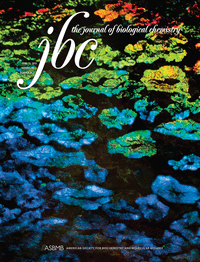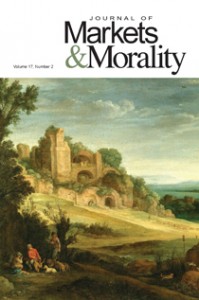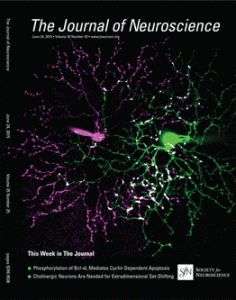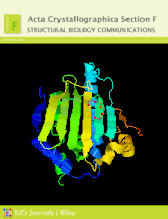We can’t resist flagging some misleading language in a retraction note for a 2015 paper on the inner workings of an amoeba pathogen.
The note for “The Charms of the CHRM Receptors: Apoptotic and Amoebicidal effects of Dicyclomine on Acanthamoeba castellanii” is short, so we’re going to give it to you up front:
This accepted manuscript has been retracted because the journal is unable to verify reviewer identities.
Sounds like another case of faked emails to generate fake peer reviews, right? But that’s not what happened to this paper, according to the editor in chief of Antimicrobial Agents and Chemotherapy, Louis B. Rice, a professor at Brown University:
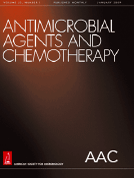
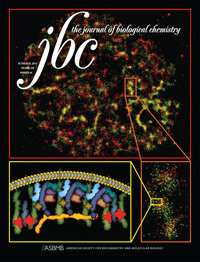
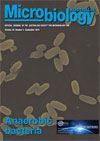 A paper on
A paper on  Researchers have pulled a paper about a drug used to treat pancreatic tumors due to “statistical errors.”
Researchers have pulled a paper about a drug used to treat pancreatic tumors due to “statistical errors.”
